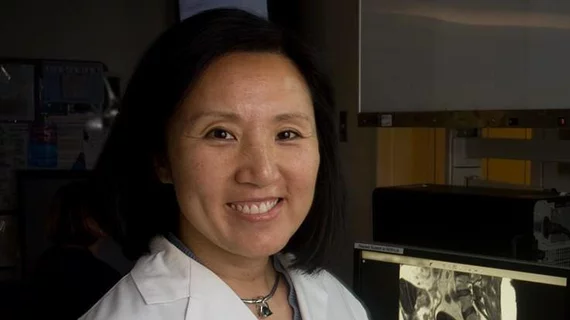RSNA launches new open-access medical journal
The Radiological Society of North America launched a new open-access medical journal on Tuesday with the publishing of its first articles.
Available exclusively online, Radiology Advances will cover a wide variety of imaging topics, all without a subscription fee. Its studies will focus primarily on emerging topics and innovative research, with radiologist Susanna I. Lee, MD, PhD, serving as editor.
Some of the initial articles published March 19 cover topics such as “ChatGPT-4: a breakthrough in ultrasound image analysis” and “Explainable AI to identify radiographic features of pulmonary edema.”
“The journal will reflect the best and the breadth of the imaging sciences and all of the glorious innovations in technology and clinical practice that are currently underway,” Lee, who also is chief of women’s imaging at Massachusetts General Hospital, said in an RSNA announcement.
Radiology Advances is published in partnership with Oxford University Press. It joins other journals in RSNA’s portfolio including Radiology, RadioGraphics, Radiology: Artificial Intelligence, Radiology: Cardiothoracic Imaging, and Radiology: Imaging Cancer. You can read a message from Lee about the new journal here.

